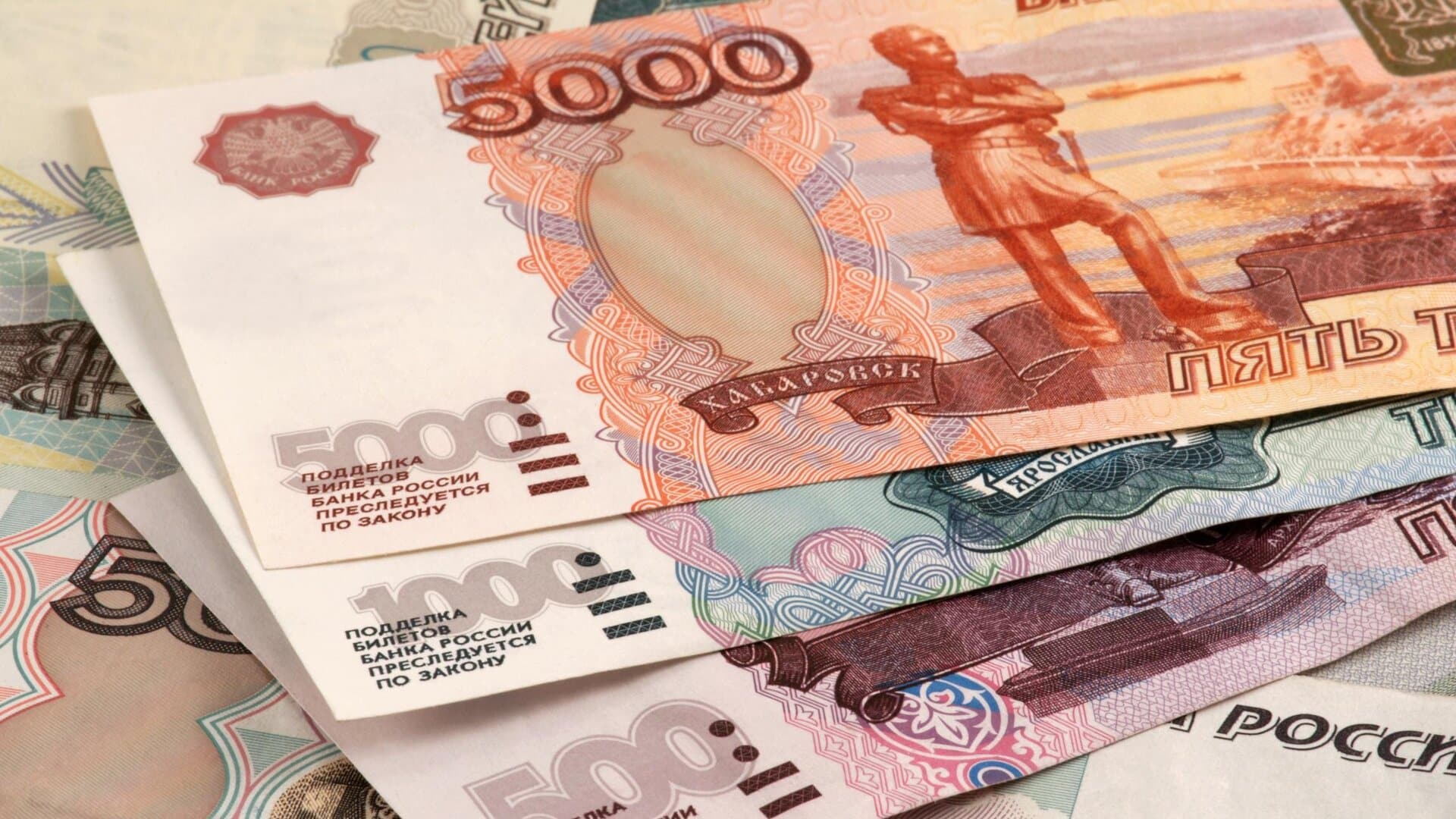Banking
Russian Ruble dives nearly 30% against dollar amid sanctions over Ukraine invasion
Ruble, the Russian currency, has weakened and plunged as much as 30% against the dollar to an all-time low amid a backlash by governments across the world against the Ukraine invasion. This morning, the ruble was trading as low as 119 per dollar, from nearly 84 per dollar the previous day.
The Central Bank of Russia, as per various reports, has barred its brokers from carrying out sell orders from foreigners as it seeks to contain the financial market fallout. The Bank said it would also be freezing about $8.78 billion in local bank reserves to boost liquidity.
According to the Financial Times, the Russia’s central bank said trading on Russia’s stock markets would not open for the morning session and it would announce later in the day if equity trading would resume. The country’s benchmark Moex has taken hit and has fallen by more than a quarter over the past week.
As a reaction to Ukraine invasion, the world markets are pushing Moscow to the fringes. On Sunday, Norway declared its $1.3 trillion oil fund, the world’s biggest sovereign wealth fund, would freeze its investments in Russian assets and divest from the country. British Petroleum (BP) said it would divest its 20% stake in Russian state-owned oil company Rosneft it has held since 2013.
The US President Joe Biden, after consulting the Group of Seven nations, announced measures to impede Russia’s ability to do business in the world’s major currencies, along with sanctions against banks and state-owned enterprises. Political commentators highlighted that US and its allies are targeting Russia’s central bank to prevent it from using international reserves. They are also cutting some of the country’s lenders out of the Swift messaging system.
Also Read: Mystify launches multi-city flight search feature
George Saravelos, an analyst at Deutsche Bank, pointed out that Russia’s ability to transact with any financial institution at a global level will be severely impaired because most international banks across any jurisdiction use Swift. However, the Russian central bank said the banking system is stable and has sufficient capacity of capital and liquidity to function in any situation.
































